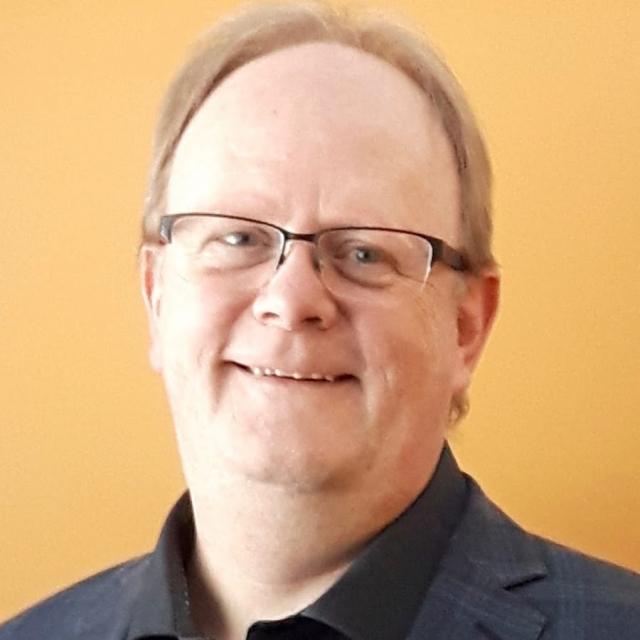PIMS - Germany Workshop on Modeling and Analysis of PDEs for Biological Applications
Topic
PIMS-Germany Workshop on Modeling and Analysis of PDEs for Biological Applications
Speakers
Details
This mini-workshop will bring together experts in modeling and analysis of organizing principles of multiscale biological systems such as cell assemblies, tissues and populations, and collective dynamics of cells. We will focus on questions arising in systems biology and medicine which are related to emergence, function and control of spatial structures, cell-cell interactions, and inter-individual heterogeneity in biological dynamics. Mechanisms of symmetry breaking and establishment of spatial patterns in gene expression leading to different differentiation programmes are central issues of developmental biology, while the understanding of their perturbation and deregulation leading to abnormal development is important in cancer research. Evolution of large scale spatial patches such as, for example, systems of vegetation patterns observed in drylands, is essential for ecosystems. Dynamics of appearance and disappearance of such patterns have a direct economic impact. Spatio-temporal dynamics arising through a diffusion field is also a central theme in characterizing the collective response of microbial particles.
Pattern formation is also an important topic in materials science. For example, the nature of formation and evolution of nano-scale structures in energy conversion devices such as fuel cells and solar cells is decisive for the quality of the performance of these devices. Though some of these patterns are well characterized, there are other that we are only beginning to understand. Mathematical modeling is a powerful technique to address key questions and paradigms in diverse model systems and to provide quantitative insights into the role of the nonlinear and nonlocal interactions within the systems and with the external fields as well as of the growth and transport processes and their impact on the observed patterns.
Although applied to specific biological, ecological, chemical, medical or physical systems, mathematical models allow for a comparative analysis of design principles in diverse systems. The focus of this proposed conference is to present and analyze models of partial and integro-differential equations applied to problems of spatio-temporal patterning. The goal of the meeting is to bring together specialists in Germany and from PIMS universities working on different aspects of the field, including mathematical modeling and applications, analysis of the underlying equations as well as numerical simulation, in order to exchange ideas, present new techniques, and identify challenging new research directions of common interest. The focus will be in identifying and understanding of mechanisms of pattern formation including formation of travelling waves, stationary and dynamical patterns, the effect of mechanical-chemical forces on patterns, stability and bifurcation theory, mechanisms underlying collective dynamics in cell signalling, and the emergence of singularities. Applications to developmental biology, ecology, cell-signalling, and materials science will be presented and discussed.
The outcome of the workshop will be two-fold. Firstly, various mathematical methods and techniques presented for diverse types of model PDE sytems in biology, will lead to cross-fertilization and will help solving in tackling problems related to different applications. Secondly, this workshop will identify common research interests and establish new research collaborations on specific projects among researchers at PIMS and at Universities in Heidelberg, Munster and Berlin.
Schedule:
TBA
Confirmed Particpants:
Thomas Hillen (UAlberta)
James Feng (UBC)
Michael Ward (UBC)
Andreas Buttenschoen (UBC)
Frederic Paquin-Lefebvre (UBC)
This workshop is part of the PIMS-Germany 2019 Collaborative Workshop Series
Additional Information
Accomodation:
A block of rooms is being held at the Ibis Hotel at Heidelberg train
station. It is a plain but clean hotel, conveniently located for travel and the university. There is contact information on their web page. Please mention "PIMS 2019".
Participation:
Participation is by invitation. If you wish to be considered, please email one of the organizers. Limited funding is available for participants from PIMS member universities. If you are a participant from a PIMS member institution interested in taking part in the Modeling and Analysis of PDEs Workshop , please contact Michael Ward (cc to Ruth Situma).


